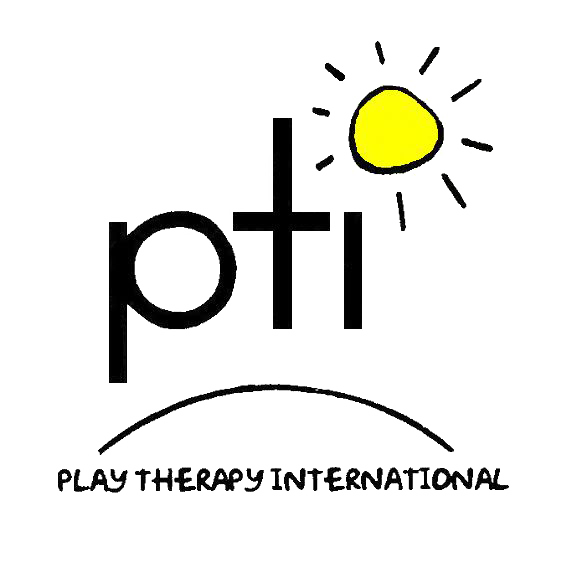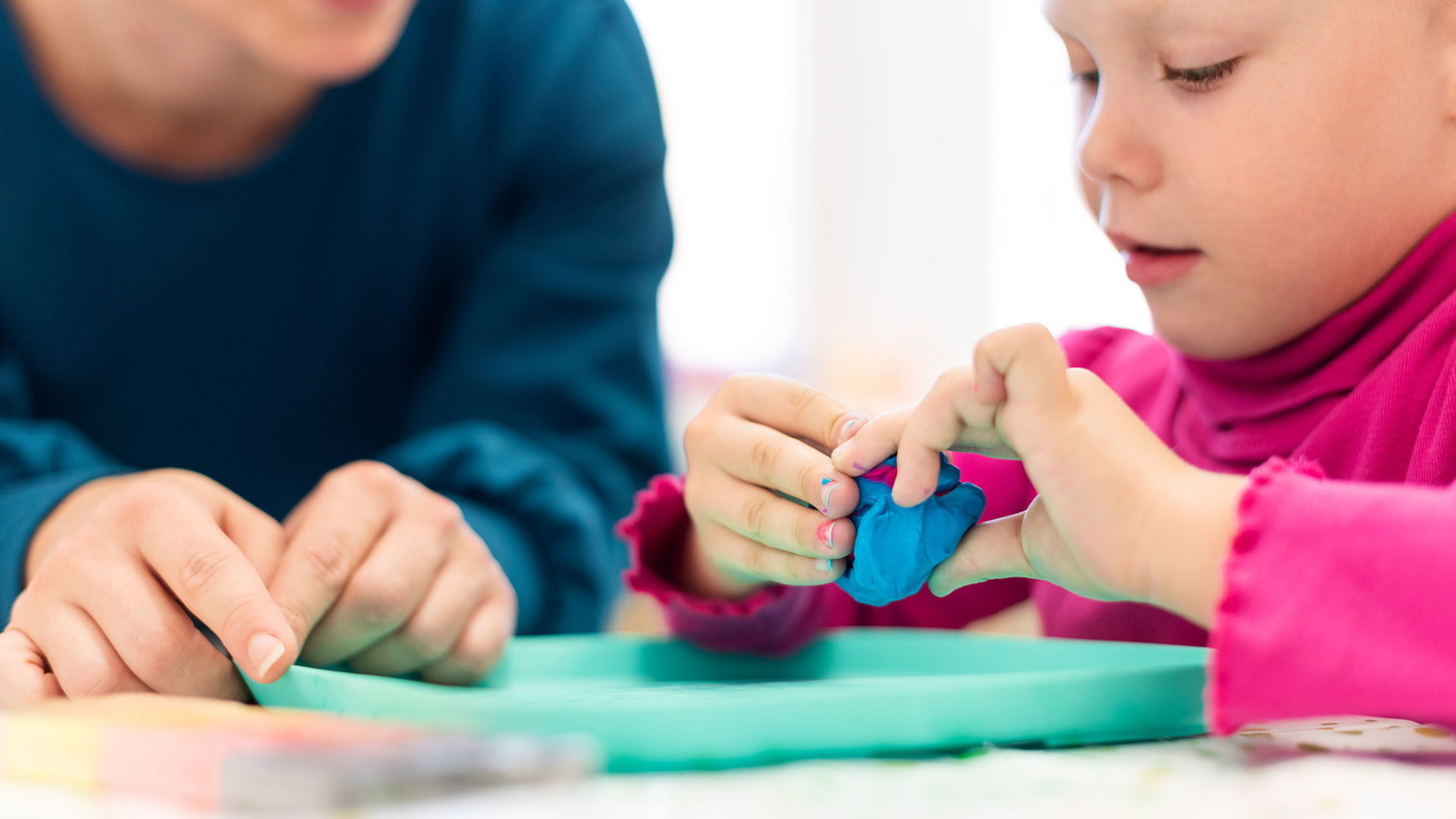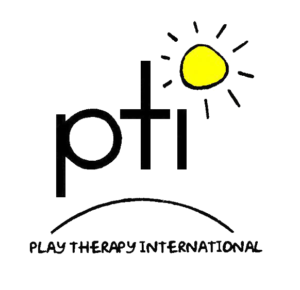As a result of the pioneering work of our sister organisation, the Register of Play and Creative Arts, managed by Play Therapy UK (PTUK), was the first in its field to be accredited by the Professional Standards Authority in April 2013. The Authority oversee the regulation and registration of all health and social care professions in the UK. The PTUK Register is the largest for Play Therapists in the UK. It also includes registrants working in 40 other countries. PTI administers the registration of Play Therapists in countries where there is no government approved register for Play Therapists using the PTUK ones as de facto standards.
Further evolution needs to happen. PTI and PTUK intend to lead the way in improving the quality and safety of practice of therapy with children in line with the principles of Right Touch Regulation, the modern foundation of health and social care policies.


